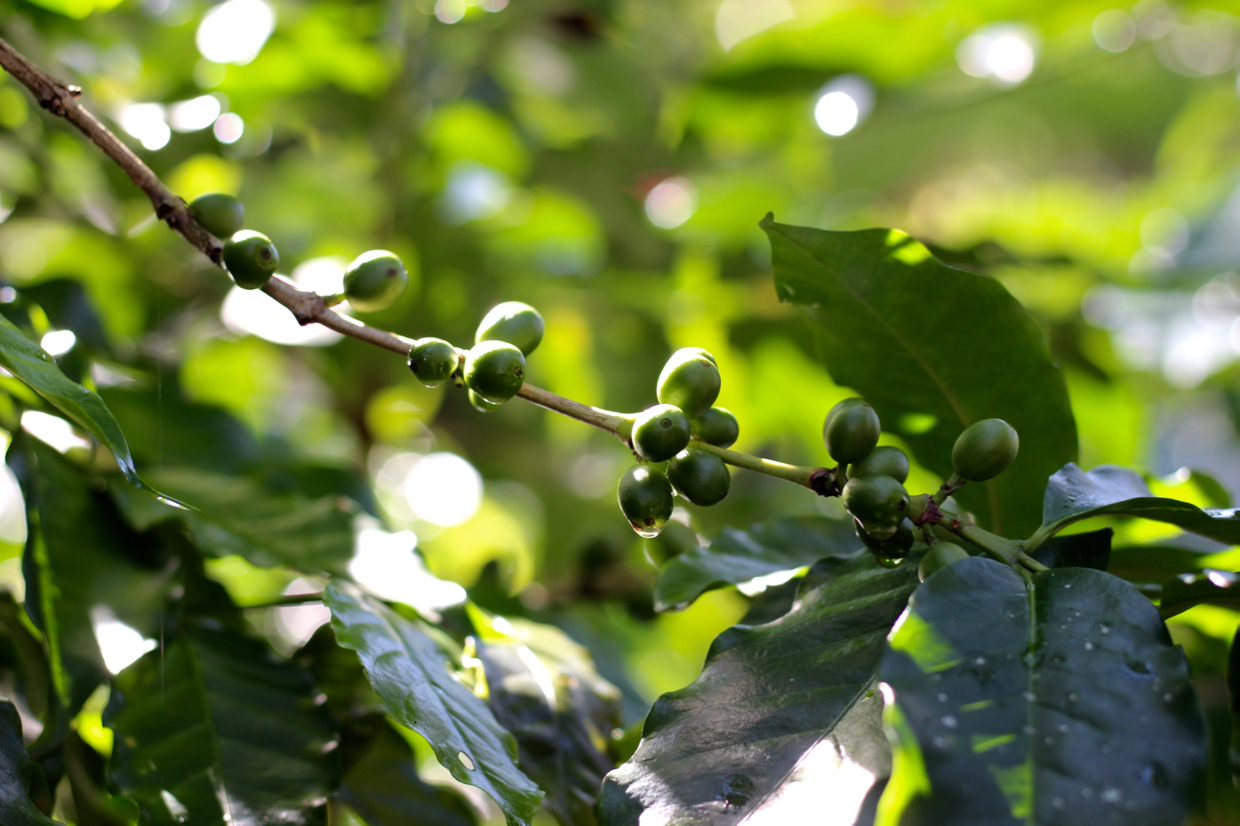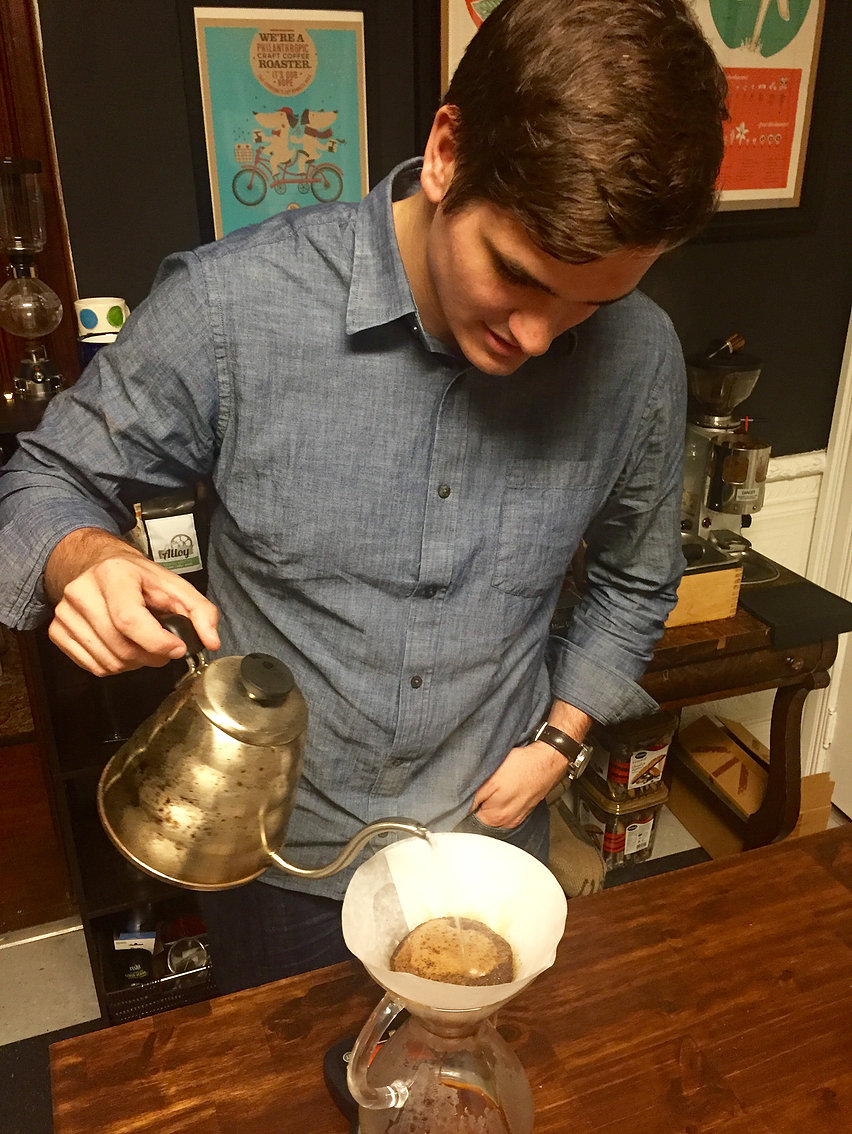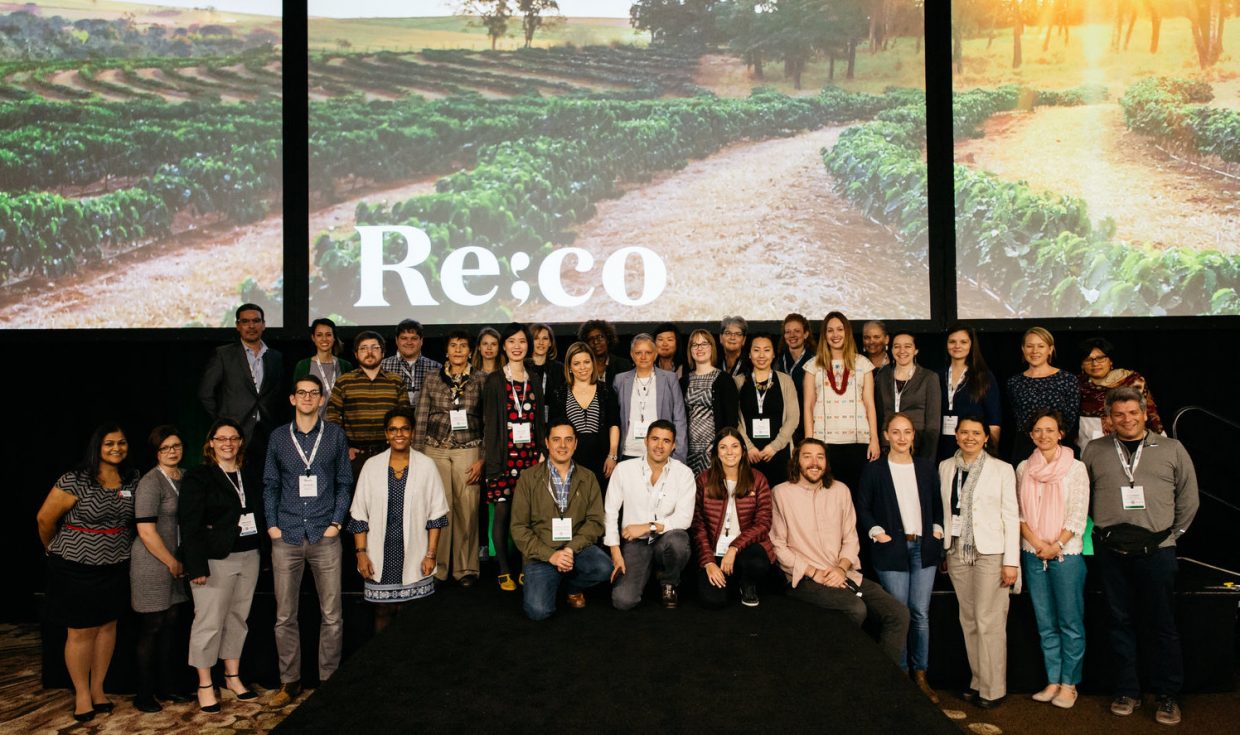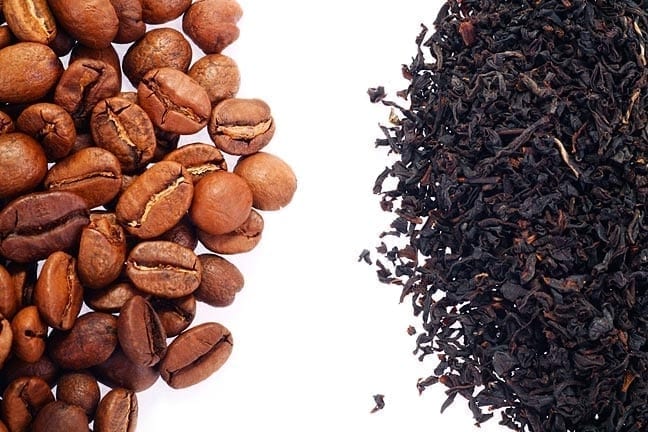If you are currently following a ketogenic diet, also called keto, then you have probably…

Sustain Coffee: New Digital Information Resource Hopes to Do Just That
By day, William Garde is a water resources and environmental engineer for the U.S.-based firm CDM Smith, where he works on every aspect of water from planning and regulation to construction and water treatment. Garde’s side hustle is Sustain Coffee, a research-focused website dedicated to helping the coffee industry find various resources pertaining to coffee’s sustainability.
When Garde was a fellowship-holding graduate student fascinated by the issue of coffee wastewater at origin, he pursued some original research at the Kauai Coffee Company on the use of a plant-derived coagulant to treat coffee wastewater.
“Engineering majors and caffeine typically go well together, and I was too poor to afford my constant fix,” Garde said, “so I became a barista to make money and get a discount, which was a win-win in my mind.”
After that initial barista position, a mentor of Garde’s introduced him to specialty coffee and trained him in the ways of great espresso and latte art, but with a focus on hospitality.
“I really fell in love with everything about coffee and worked as a barista in Cincinnati over the next couple years,” Garde said. “As I approached graduation, I was working on a capstone and wondered if coffee faced any environmental challenges. Little did I know…”
Garde was eventually awarded a fellowship to attend the Specialty Coffee Association‘s Re:co Symposium, which he said opened his eyes to the coffee industry, and its immense challenges and potential in the field of sustainability.
“One of the things that kept coming up in discussions at the event was that there was a lot of interest and passion, but it was hard to find resources and knowledge in order to focus that energy and make changes in the industry,” Garde said of his motivation to start the Sustain Coffee site. “I know from my own experience in coffee research that it can be tough to find the resources you need online, as a lot of them are scattered across the web in the form of journal articles, blog posts, news articles, and even scanned books published before the internet.”
Thus, Garde set out on a mission to create a central portal for information and research on coffee sustainability, picking the brains of numerous people he’d met at Re:co to provide a kind of knowledge foundation.
“I had made connections with peers through Re:co Symposium who had performed research in other areas,” said Garde. “I asked them for input and if they would share their bibliographies as a starting point for the database.”
The majority of the resources on the site are from academic journals, but Garde’s goal is to eventually appeal to a wider audience in the coffee sector.
“In the short-term, we will focus on building the database up and getting the word out that this resource exists, as well as continuing to optimize the site based on user feedback,” said Garde of the project. “Long-term, I’d love to add a few things. One is a forum or some type of similar platform that can connect those interested in these different topics. Another is to have experts in each of the site categories curate the database and add great resources they think have been the most valuable in their own careers. Obviously, it’s impossible for me to keep up on all of this alone, so I think this will be a great way to bring others into the project.”
Garde recognizes that the coffee industry faces a lot of challenges, especially at origin. He believes that current research — such as the work CRS Blue Harvest is doing regarding soil, water, and landscape management, as well as the research World Coffee Research is conducting on varieties and hybrids — has the potential to effect significant change and lead coffee in the right direction.
“If [the site] helps to spur on one great idea for a graduate student somewhere, or helps a cafe owner to reduce their carbon footprint, then it has served its purpose,” said Garde. “I honestly believe all of us have a part to play in the sustainability of coffee.”










